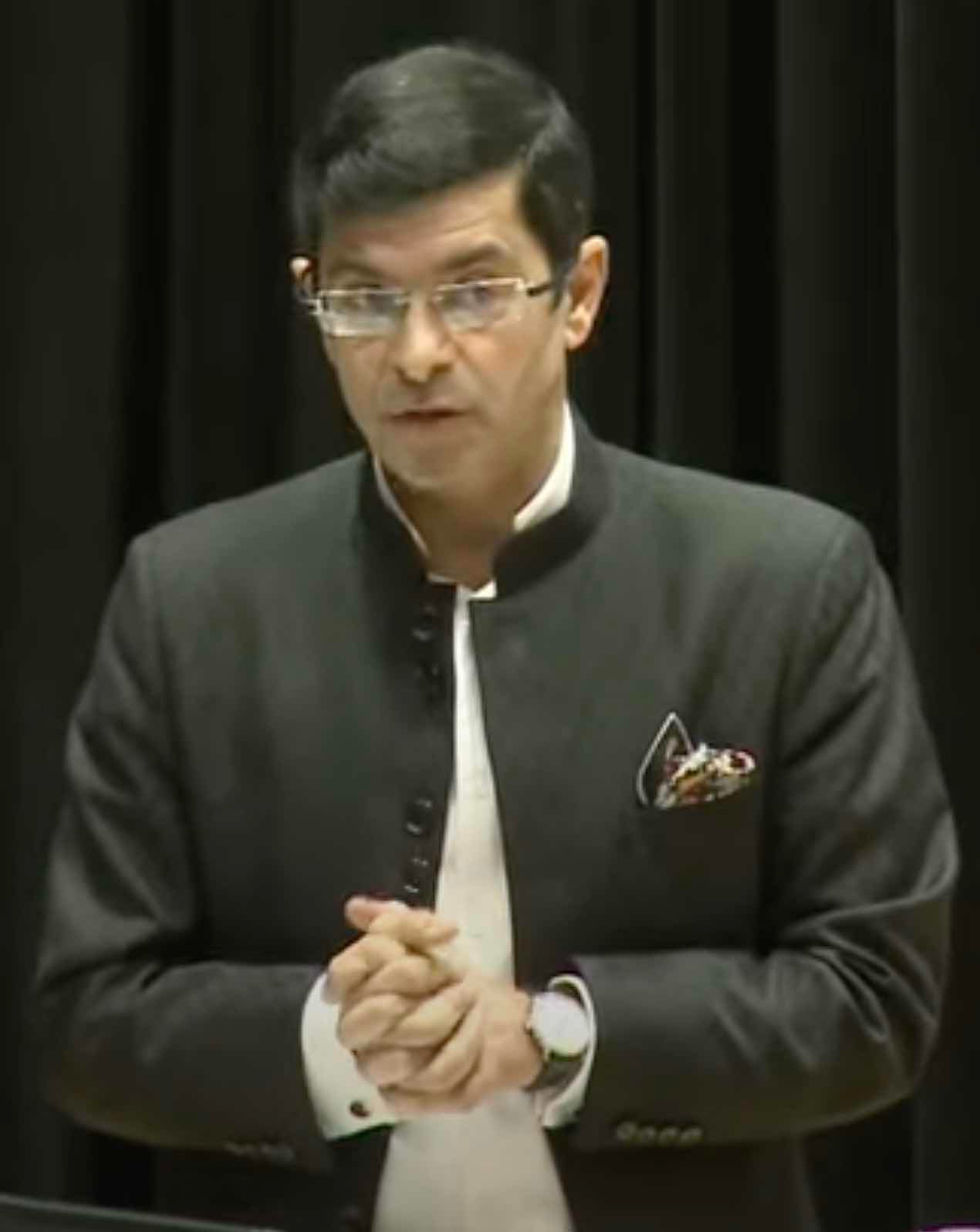You're such a female leader
- Wendy Chapman
- Mar 20, 2022
- 3 min read
I had my annual review with MDHS Dean, Jane Gunn, and contrary to my fears, it was not intimidating but was quite invigorating. Jane is a big thinker, and her success is entwined with ours. I presented five goals for myself, which I’ll share once I refine them.
We spent the most time discussing a goal to raise my profile and the profile of the Centre. It was in this context that she made the comment/accusation that I am “such a female leader.” I think what she meant was that I am reluctant to boast or even market myself--or by extension the Centre. Study after study show that around the world men overestimate their abilities/IQs/performance and women underestimate theirs. In a study at IBM, men applied for jobs when they met 65% of the requirements, whereas women only applied if they met 100%. I ran into someone at Melbourne Connect this week who is directing a program similar to the LHS Academy, and he described the program with not only confidence in its quality but also in the fact that the University will certainly love it as well and want to fund it.
Some men reading this may be irritated at being put into a category that includes words like “boasting” and “over-confident”. That may also be a stereotype of Americans, and the opposition to “tall poppies” indicates Australians’ opposition to that attitude. I would say that none of the men (or Americans) in our Centre fit that stereotype. I agree with Eugenia Cheng that “we need to disassociate character from gender and when we've done that we can think more clearly about which traits to value in anyone of any gender.” I loved her book X+Y: A Mathematician’s Manifesto for Rethinking Gender (see this short video for a good summary). She devises two new terms, illustrated in this figure:

So, instead of the label “female leader”, I aspire to the label “congressive”. I agree with Jane’s underlying point: it is time to start raising our profile. We have accomplished enough to start telling the world about where we are going and what we’ve done so far on that path. We can do that in a congressive way.
On the topic of gender issues, Cheng concludes that when it isn’t about gender, we shouldn’t talk about gender. But when it is about gender, we should talk about gender. I really enjoyed listening to A Podcast of One’s Own by Julia Gillard, where she interviewed Theresa May. I recognized the voice of the person introducing Ms. May, and if you watch the video, which includes a presentation of new international research on the topic, you will too:

They voiced their surprise at how Australia comes out as a Western outlier in large differences in attitudes between women and men about violence against women, equality in the workplace, etc. The statistics were disheartening.
On a personal note, we learned this weekend that fat bikes work not only in the snow but also in the sand, and our foster dog Shy got her first bike ride: St Remo Beach.


Regional Linguistic Quirks (RLQ) #14: The first time I heard “tall poppy syndrome” was when I interviewed, and I heard “tall puppy syndrome”. You can imagine the strange visions I had of cutting down tall puppies. Mike Conway lived in Japan for awhile, and they have a similar expression: "the nail that sticks up gets hammered down".



Thanks, Wendy, I love your blog posts!
I also have a Chilean version of the tall poppy syndrome. Over there we call it 'chaquetear', from from the Spanish word 'chaqueta' which means jacket. The saying is when someone starts to rise, people pull them down by the tails of their jacket. And since it is a verb, you can conjugate it, turn it into a nown (chaquetero = someone that pulls others down), etc.